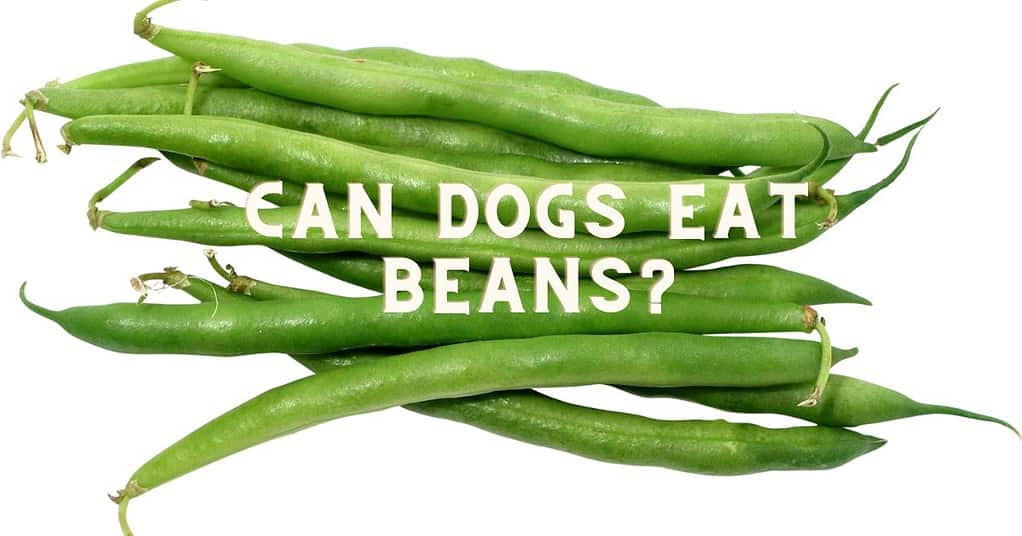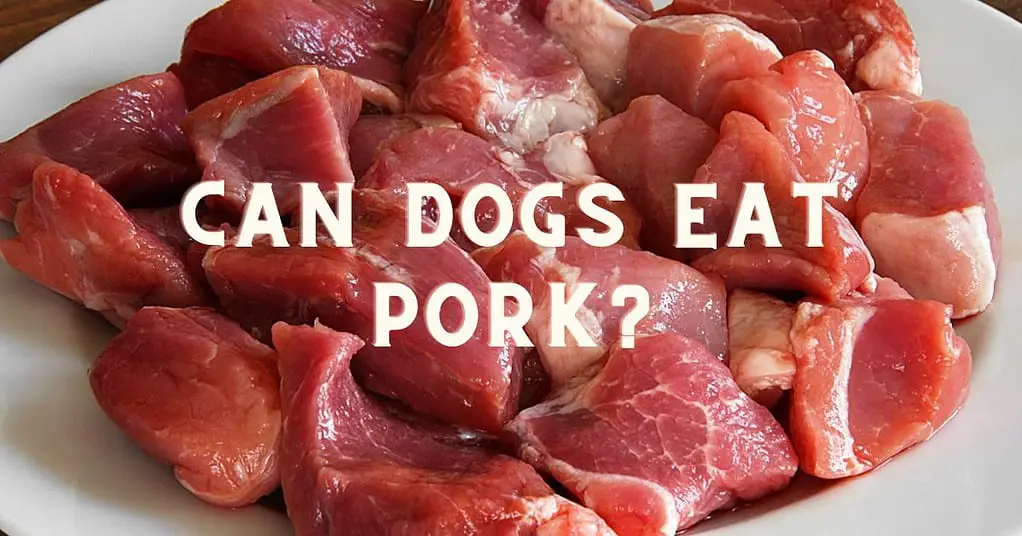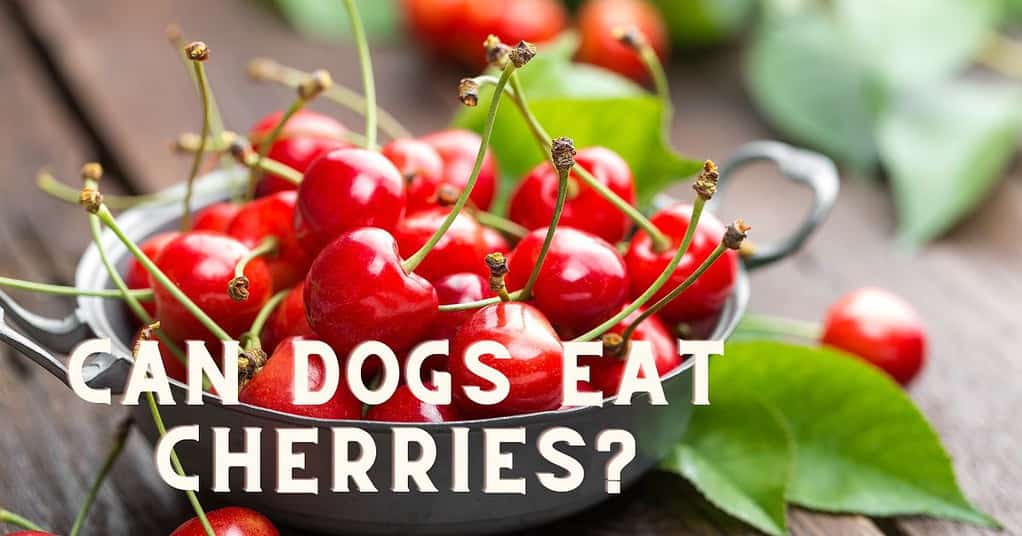Dogs can eat chicken as it is a safe and healthy source of protein, but there are some important considerations to remember. Never season the chicken, avoid chicken bones, and always boil the chicken before giving them. Chicken is an excellent source of protein for dogs.
Benefits of Chicken in a Dog’s Diet
Feeding your dog chicken can provide numerous health benefits. It’s an excellent source of lean protein, which helps support muscle development and overall dog wellness. Chicken is also a cost-effective protein choice widely available for most pet owners.
This versatile meat can easily be incorporated into homemade dog food recipes or served independently — unseasoned roasted, poached, grilled, or baked chicken are all safe options.
Mixing chicken with healthy grains and vegetables like string beans creates a balanced meal conducive to optimal canine health.
Potential Risks and Precautions
Feeding your dog chicken has its fair share of potential risks and necessary precautions. One significant risk factor is that chicken is one of dogs’ top 10 allergy-inducing ingredients, often causing digestive issues or skin reactions.
Therefore, observing your pet for any adverse effects after feeding them chicken is crucial.
Unseasoned roasted chicken is the safest option. Be mindful about offering human foods, whether leftover or otherwise. some seemingly harmless ingredients like garlic powder, onion powder, and certain seasonings may turn out toxic to dogs leading to health complications.
Can Dogs Eat Raw Chicken?
Dogs should not be fed raw chicken due to the risk of salmonella or bacterial infections. Read on to learn more about the benefits and risks of raw chicken for dogs.
Benefits and Risks of Raw Chicken
Feeding your dog raw chicken has many potential benefits and risks that dog owners should be aware of. Here are some key points to consider:
- Raw chicken provides a good source of lean protein, an essential nutrient for dogs’ muscle development and overall health.
- It’s part of the larger raw food diet trend, which some advocates argue can lead to shinier coats and healthier skin, amongst other benefits.
- Many experts do not recommend raw chicken due to the risk of salmonella or bacterial infections, which can severely affect a dog’s health.
- There is also a higher risk of choking or puncture to the gastrointestinal tract when feeding dogs raw bones than cooked ones.
- Chicken is one of the top 10 allergy-inducing ingredients for dogs, so there could be potential allergic reactions if you feed them raw poultry.
- Raw chicken must always be fresh and handled hygienically to avoid contaminating it with harmful bacteria.
Can Dogs Have Chicken Bones?
Dogs should NOT be given cooked chicken bones as they can splinter easily, posing a choking hazard or causing damage to their gastrointestinal tract.
The Dangers of Cooked Chicken Bones
Serving cooked chicken bones to your dog presents significant hazards. When subjected to heat, these bones easily splinter into sharp pieces upon chewing.
Not only does this create a choking risk in dogs, but it also can result in serious damage to their gastrointestinal tract due to punctures or tears. This situation demands immediate veterinary intervention and may even lead to life-threatening complications.
So, while it may seem harmless at first glance, offering a leftover bone from your meal could jeopardize your pet’s health. It is always best practice to remove all chicken bones before feeding cooked poultry dishes to dogs for their safety and well-being.
Are Raw Chicken Bones Safe?
Raw chicken bones are generally not safe for dogs to consume. Raw bones can splinter easily and may carry harmful bacteria such as salmonella, leading to dog infections and digestive issues.
Cook any chicken before feeding it to your dog, and remove all bones beforehand. Cooked bones should be avoided altogether as they become brittle and can cause similar dangers.
How To Prepare Chicken for Your Dog?
To prepare chicken for your dog, boil, bake, or pressure cook it.
Boiling Chicken
Boiling chicken is a simple and popular method of preparing chicken for dogs. It involves cooking the chicken in water until it reaches a safe internal temperature, usually around 165°F (74°C).
Boiled chicken can be easily shredded or diced and added to your dog’s regular meals or used as a special treat. This helps retain the natural flavors and nutrients of the meat while removing excess fat, making it a healthy option for dogs.
Remove any bones and skin before serving, as they can pose choking hazards or contain unhealthy fatty oils. Offering boiled chicken as part of a balanced diet can provide your dog with essential protein for muscle development and overall health.
Baking Chicken
Baking chicken is a healthy and convenient way to prepare it for your dog. You can avoid using unhealthy fatty oils or seasonings that may harm dogs by baking the chicken.
Simply place boneless, skinless chicken breasts on a baking sheet and cook them in a preheated oven at 375°F for about 20-25 minutes until they are cooked. Baked chicken provides dogs with lean protein for muscle development and overall health.
You can serve baked chicken as a standalone meal, mix it with your dog’s regular food, or use it as a training treat. Just let the cooked chicken cool before giving it to your dog.
Pressure Cooking Chicken
Pressure-cooking chicken is a quick and convenient way to prepare it for your dog’s meals. This cooking method ensures that the chicken is thoroughly cooked, eliminating any risk of bacterial infections like salmonella.
Pressure cooking also helps retain more nutrients in the meat than traditional boiling or baking methods. When pressure-cooking chicken for dogs, do it without any seasoning or added spices, as certain ingredients can harm dogs.
Other Suitable Meats for Dogs
Ground turkey:
Lean ground turkey is an excellent alternative to chicken for dogs. It provides protein and is lower in fat compared to other meats.
Ground beef:
This meat can be included in your dog’s diet, but choose lean or extra-lean options to avoid excessive fat intake.
Steak:
Dogs can enjoy small amounts of steak as long as it is cooked thoroughly and without any seasonings or marinades that may be harmful to them.
Salmon:
This fish is an excellent source of omega-3 fatty acids, which benefit your dog’s skin and coat health. Make sure it is deboned and thoroughly cooked before serving.
Tuna:
Canned tuna can be a tasty dog treat, but opt for varieties packed in water rather than oil. Also, ensure there are no added ingredients like onions or garlic, as these are toxic to dogs.
Shrimp:
Another seafood option, shrimp, can provide protein and essential nutrients. Remove the shells and cook them before giving them to your furry friend.
Lamb:
Lamb meat can be a good choice for dogs with food sensitivities or allergies. Just ensure it is boneless and cooked thoroughly.
Can dogs eat canned chicken?
Canned chicken can be a convenient option for dog owners, but choosing the right kind is essential. Look for low-sodium and plain varieties without added spices or seasonings.
Canned chicken is a good source of protein for dogs and can be mixed into their regular meals or used as a special treat.
However, always check the label and avoid onion or garlic powder products, as these ingredients can be toxic to dogs. Canned chicken should not replace a balanced diet specifically formulated for dogs.
can dogs eat chicken feet?
Chicken feet can be a controversial topic when feeding them to dogs. While some believe chicken feet are safe and beneficial for dogs, others are concerned about potential risks.
Chicken feet are a popular ingredient in many Asian cuisines, including some dog food recipes. They are rich in collagen and provide an excellent source of natural glucosamine, which is great for joint health.
However, there are also risks to consider. Chicken feet can pose a choking hazard due to their small size and bones. Also, they may contain harmful bacteria if not properly handled or cooked thoroughly.
can dogs eat fried chicken?
While a small piece of plain, unseasoned fried chicken may not be harmful to dogs occasionally, it is not their healthiest option.
Fried chicken is often coated in breadcrumbs or batter and deep-fried in unhealthy fatty oils. These oils can cause digestive issues in dogs and lead to obesity if consumed regularly.
Some ingredients commonly used in fried chicken seasoning, like garlic powder or onion powder, are toxic to dogs and should be avoided.
can dogs eat chicken broth?
Chicken broth is safe for dogs to consume in moderation. It can be a flavorful addition to their meals or a tasty treat. However, not all chicken broths are created equal.
Store-bought broths may contain additives like onions or garlic, which are toxic. Always check the ingredients before giving your dog any chicken broth.
Homemade chicken broth is often safer as you control what goes into it. You can make a simple and healthy broth by boiling chicken bones with vegetables like carrots and celery. The resulting broth can be strained and served on its own or mixed with your dog’s regular food.
can dogs eat chicken gizzards?
Chicken gizzards can be a healthy and tasty addition to your dog’s diet. Gizzards are a good source of protein, vitamins, and minerals like iron. They can also provide important nutrients for your dog’s skin and coat health. However, preparing chicken gizzards properly before feeding them to your furry friend is a must.
- Firstly, make sure the gizzard is cooked thoroughly to kill any harmful bacteria that may be present.
- Avoid seasoning the gizzard with ingredients like garlic or onion powder, as these can be toxic to dogs.
- Boiling or baking the gizzards are safe to ensure they are cooked all through.
- When serving chicken gizzards, it’s best to chop them into small pieces or grind them up if needed to prevent choking hazards.
can dogs eat chicken noodle soup?
While chicken is generally safe for dogs to eat, the other ingredients in chicken noodle soup can be a concern. Some versions may contain onions or garlic. Store-bought soups often have added salt and seasonings unsuitable for canine consumption.
Making a dog-friendly version at home is best if you want to share some chicken noodle soup with your furry friend. Use plain boiled or baked chicken without any seasoning or bones. Cooked noodles can also be added, but avoid using spices or vegetables that might harm dogs.
can dogs eat rotisserie chicken?
Rotisserie chicken can be a tempting treat for your furry friend. While some dogs may tolerate small amounts of rotisserie chicken without any issues, there are potential risks.
Rotisserie chicken often contains added seasonings and spices that can harm or irritate dogs’ digestive systems. These seasonings may include garlic powder or onion powder, which are toxic to dogs and can cause digestive upset or even damage their red blood cells.
The skin of rotisserie chicken is fatty and can lead to weight gain if consumed regularly. It’s best to opt for unseasoned roasted or grilled chicken, removing any bones before serving it.
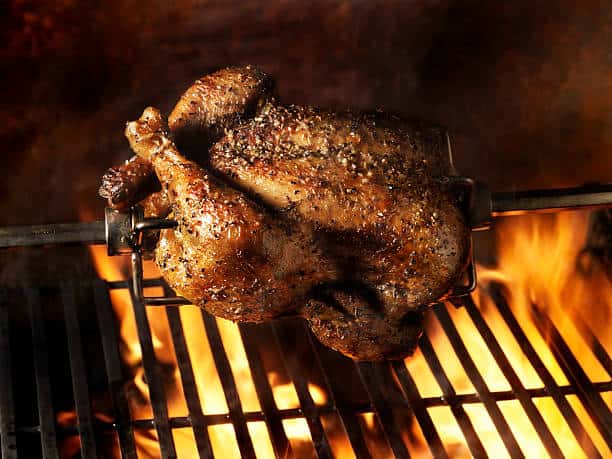
can dogs eat chicken skin?
Chicken skin is not recommended for dogs to consume. It is high in fat and can lead to digestive issues and obesity in dogs.
Also, chicken skin has a higher concentration of harmful bacteria than meat. Feeding your dog chicken skin increases the risk of gastrointestinal upset or food poisoning from bacteria like salmonella.
can dogs eat orange chicken?
Dogs should not eat orange chicken. While chicken is generally safe for dogs, orange chicken contains ingredients harmful to our furry friends. Orange chicken often has a sweet and tangy sauce high in sugar, which can lead to weight gain and dental issues in dogs.
The sauce may contain toxic seasonings for dogs and can damage their red blood cells. Dogs should stick to plain, unseasoned cooked chicken.

can dogs eat raw chicken breast?
Raw chicken breast is not recommended for dogs. While some proponents of raw food diets argue that they can provide health benefits, including improved digestion and dental health, there are significant risks also.
Raw chicken has a higher risk of salmonella or bacterial contamination. Also, raw chicken bones can splinter easily and pose a choking hazard.
can dogs eat raw chicken feet?
Dogs can safely consume raw chicken feet as a part of their diet. Chicken feet contain essential nutrients like protein and glucosamine, which support joint health and promote strong bones in dogs.
The natural collagen found in chicken feet is also beneficial for maintaining healthy skin and coats. However, the raw chicken feet must be sourced from reputable suppliers to minimize the risk of bacterial contamination.
Some dogs may have difficulty digesting bones, so observing their chewing habits is essential to prevent choking hazards. Remember, raw chicken feet should not replace a balanced diet but can be offered as a treat.
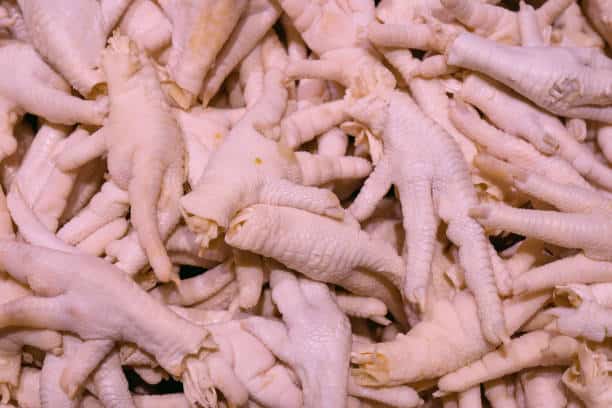
can dogs eat chicken thighs?
Chicken thighs are protein-rich, essential for dogs’ muscle development and overall health. However, it is crucial to ensure they are cooked thoroughly and free from any seasoning or added ingredients.
Removing the bones before feeding chicken thighs to dogs. Feeding chicken thighs in moderation and other balanced protein sources can be good.
can dogs eat teriyaki chicken?
Teriyaki chicken is a popular Japanese dish that combines sweet and salty flavors.. Teriyaki sauce contains soy sauce, which is high in sodium and can harm dogs. Excessive salt intake can lead to dehydration and even dog sodium ion poisoning.
It’s best to steer clear of feeding your dog teriyaki chicken or dishes with teriyaki sauce to ensure their health and well-being.
can dogs eat chicken hearts?
Chicken hearts are safe for dogs and can provide several health benefits. Hearts are a great source of protein. They are also rich in vitamins and minerals such as vitamin A, iron, and zinc. These nutrients promote healthy skin and coat, support immune function, and contribute to growth.
You can boil or bake the hearts until fully cooked before serving them to your furry friend. Chop or dice the hearts into smaller pieces for easier digestion.
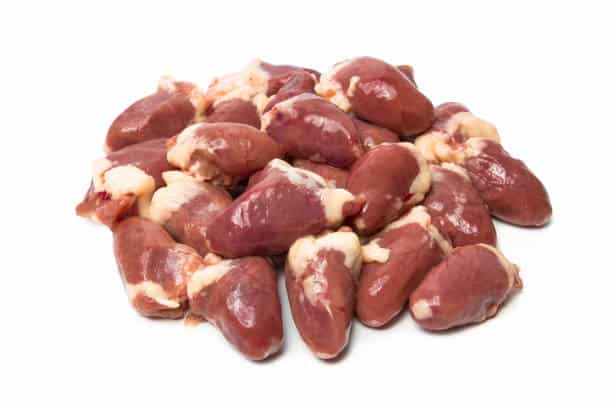
Can dogs eat chicken wings?
One important thing to note is that cooked chicken bones should never be given to dogs, as they can splinter easily. This applies to chicken wings as well. Chicken wing sauces may contain toxic ingredients for dogs and should be avoided.
Choosing specially-made dog-friendly options instead of chicken wings is best if you want to give your dog a meaty bone treat.
can dogs eat seasoned chicken?
Seasoned chicken is not recommended for dogs. While plain, unseasoned roasted, poached, grilled, or baked chicken can be safe, adding seasonings can harm them.
Garlic and onions are toxic to dogs and can cause digestive issues and damage their red blood cells. Stick to plain cooked chicken without any added flavorings.
can dogs eat chicken necks?
Chicken necks have dental benefits. The bones in chicken necks are soft and flexible, making them safe for dogs to chew on without much risk of splintering.
Chewing on chicken necks can help clean your dog’s teeth by scraping away plaque and tartar buildup. This can improve oral health and fresher breath to your dog. Chicken necks are also a good protein source. However, feeding chicken necks in moderation is key.
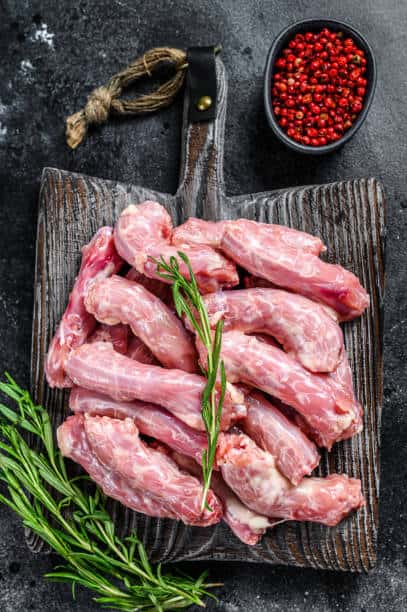
can dogs eat chicken salad?
Chicken used in salads often contains additives that can be harmful to dogs. For example, the mayo or dressing used in the salad can contain unhealthy fatty oils that are not suitable for dogs. Instead of feeding them chicken salad, opt for plain cooked chicken without any seasoning as an occasional treat.
can dogs eat chicken tenders?
Chicken tenders, typically breaded and fried pieces of chicken, should not be fed to dogs. The breading and frying process used to make chicken tenders can harm their health.
The breading on chicken tenders often contains ingredients like garlic or onion powder, which are toxic. Additionally, frying the chicken in unhealthy fatty oils can lead to obesity in dogs.
can dogs eat raw chicken wings?
Raw chicken wings can be a risky food for dogs. While they may enjoy the taste and texture, there are potential dangers associated with feeding them raw. One important factor is the risk of bacterial contamination, such as salmonella or E.coli.
can dogs eat ground chicken?
Ground chicken can be a nutritious option for dogs. Ground chicken provides a good source of lean protein, which is essential for dogs.
However, ensure that the ground chicken is unseasoned and free from harmful additives or spices that can be toxic to dogs.

can dogs eat dark meat chicken?
Dark meat chicken refers to the leg and thigh portions of the bird, which are higher in fat content than white meat. While dogs can technically eat dark meat chicken, it should be used in moderation.
Too much fatty food can lead to obesity and digestive issues in dogs. Removing any bones before feeding your dog dark meat chicken is important.
can dogs eat chicken alfredo?
Chicken alfredo is a popular pasta dish with chicken, cheese, and cream. Avoid feeding them chicken alfredo. This creamy dish typically contains ingredients unsuitable for dogs, such as cheese and cream.
Dogs have difficulty digesting lactose, the sugar in dairy products like cheese and cream. Consuming these can lead to digestive issues like diarrhea or upset stomachs in dogs.
Instead of giving your dog chicken alfredo, stick to plain cooked chicken without any seasoning or sauce. This provides a lean source of protein for your furry friend without the added risks
can dogs eat cream of chicken soup?
Cream of chicken soup is not recommended for dogs. Many soups, including cream-based ones like cream of chicken, may contain additives that can be toxic to dogs. These ingredients can cause damage their red blood cells.
The high sodium content in canned soups is also concerning for dogs, as it can lead to dehydration and other health problems.
can dogs eat mcdonald’s chicken nuggets?
McDonald’s chicken nuggets are not recommended for dogs. Fast-food chicken nuggets often contain additives, preservatives, and seasonings that can harm dogs. These additives can cause digestive issues, upset stomachs, and may even be toxic.
can dogs eat chicken sausages?
Chicken sausages can be a safe and tasty dog treat when prepared properly. Cooked chicken sausages made from chicken meat provide dogs with a good source of protein.
However, it should be free from any seasonings or spices. Raw chicken sausages should be avoided due to the risk of bacterial infections such as salmonella. It’s always best to cook the sausages thoroughly before offering them to your furry friend.
If your dog has a known chicken allergy, it’s wise to avoid feeding them chicken sausages.

can dogs eat chicken broth with onions?
Chicken broth is a common ingredient in many dog food recipes and treats. However, onions should never be included in chicken broth or dog food.
Onions, garlic, and other Allium family members contain compounds that can cause oxidative damage to a dog’s red blood cells. This can lead to hemolytic anemia, which can be life-threatening for dogs.
can dogs eat chicken legs?
While dogs can technically eat chicken legs, some considerations must be remembered. Chicken legs contain bones that can pose a choking hazard.
Cooked chicken bones should never be given to dogs as they tend to splinter easily. Stick with boneless and skinless chicken meat when incorporating chicken into your dog’s diet.
can dogs eat chicken fat?
Chicken fat is not for dogs to consume in large quantities. It is high in calories and can lead to weight gain or obesity if eaten excessively. Excess fat consumption can also contribute to digestive issues such as pancreatitis in dogs.
can dogs eat chicken stock?
Chicken stock is made by simmering chicken bones, meat, and vegetables in water. While it may add flavor to our dishes, chicken stock is not for dogs. It often contains seasonings like onions or garlic, which is toxic.
Store-bought chicken stocks contain unhealthy additives. If you want to enhance your dog’s meals with a flavorful broth, making homemade stock using unseasoned boiled chicken breast and plain water is best.
can dogs eat sesame chicken?
Sesame chicken is a popular dish in Asian cuisine; while plain-cooked chicken is generally safe for dogs, sesame chicken may not be the best choice.
Sesame chicken often contains spices and seasonings. The sauce used in sesame chicken recipes often contains unhealthy fatty oils and sugars.
Can dogs eat breaded chicken?
Breaded chicken may be tempting to share with your furry friend, but it’s best to avoid feeding it to dogs. Breaded chicken often contains excess oil and fat.
The breading is made with flour or breadcrumbs, which are not essential or beneficial for a dog’s diet. Moreover, some seasonings in breaded chicken can be toxic to dogs and cause digestive issues.
So while breaded chicken might be a tasty treat for humans, it’s safer and healthier to stick with plain cooked chicken when feeding your dog.
Can dogs eat chicken cartilage?
Chicken cartilage refers to the tough, rubbery connective tissue in chicken bones. While dogs can technically eat chicken cartilage, it is not good for them. Chicken cartilage can present a choking hazard and cause intestinal damage if ingested. Also, there is a risk of splintering when dogs chew on bones or hard substances like cartilage.
What to Do If Your Dog Ate a Chicken Bone
If your dog ate a chicken bone, it is vital to act quickly and monitor them for signs of distress or discomfort.
Recognizing Signs of Distress
Dog owners must recognize signs of distress if they accidentally ingest a chicken bone. While dogs may enjoy the taste and texture of bones, they can pose severe risks to their health.
If your dog has swallowed a chicken bone, watch for excessive drooling, gagging or retching, vomiting, abdominal pain or bloating, constipation or diarrhea, and lethargy.
These signs could indicate that the bone obstructs your dog’s digestive system. Prompt action is crucial in these situations.
Steps to Take in Case of Bone Choking or Obstruction
If your dog has accidentally swallowed a chicken bone or is experiencing choking or obstruction due to a bone, it’s essential to act quickly and follow these steps:
- Stay calm and assess the situation. Look for signs of distress such as coughing, gagging, difficulty breathing, or excessive drooling.
- Do not panic; avoid trying to force the bone out with your fingers or any objects, as this can cause further harm.
- If your dog can still breathe and isn’t displaying severe symptoms, monitor them closely. Often, small bones will pass through the digestive system without issue.
- Contact your veterinarian immediately and inform them about the situation. They will provide guidance based on the severity of the situation and may ask you to bring your dog in for an examination.
- Follow your veterinarian’s instructions carefully. They may recommend feeding your dog bread, rice, or canned pumpkin to help cushion and move the bones through their system.
- Observe your dog for any changes in behavior, appetite, or bowel movements over the next few days. Contact your vet immediately if you notice any unusual symptoms or if your dog becomes lethargic or stops eating.
- If there are signs of an emergency, such as breathing difficulties or extreme discomfort, immediately take your dog to an emergency veterinary clinic.
Safe Alternatives for Dogs to Chew On
Bully sticks:
These natural chews from dried bull penises are a great alternative to rawhide and provide hours of chewing enjoyment for dogs.
Antlers:
Deer or elk antlers are long-lasting and durable chew toys that can help satisfy a dog’s instinctual need to chew.
Kong Toys:
These rubber toys can be stuffed with treats or peanut butter, providing entertainment and mental stimulation for dogs.
Dental Chews:
Specifically designed to promote dental health, dental chews help reduce plaque and tartar buildup while satisfying a dog’s chewing urge.
Rope Toys:
Durable rope toys are great for interactive play and can also serve as a chew toys for dogs.
Frozen Fruits And Vegetables:
Chilled fruits like sliced apples or frozen peas can provide a refreshing, low-calorie treat for dogs to chew on.
Nylabones:
Made from tough nylon material, Nylabones can withstand heavy chewing and come in various sizes and flavors to suit different dogs’ preferences.
Rubber Or Tennis Balls:
These classic toys are perfect for fetch games and double as a chew toy for some dogs.
Stuffed Kong Toys:
Stuffing a Kong toy with soft food like canned pumpkin or mashed sweet potatoes can provide a challenging yet rewarding dog chewing experience.
Author Profile

- Product Reviews Specialist and Cofounder
-
Labradors have an extraordinary capacity for love and companionship, and my mission is to help you unlock their full potential. Hi there! I'm Sarah, a proud contributor to Labradorandyou, the go-to online resource for all Labrador Retriever enthusiasts. As a lifelong owner and avid admirer of these remarkable dogs, I bring a wealth of knowledge and hands-on experience to our readers.
One of my strongest beliefs is in the power of positive reinforcement training. I'm truly passionate about helping our readers build strong, positive relationships with their Labradors. Whether you're a first-time owner or a seasoned Labrador enthusiast, I aim to provide you with the resources and guidance to cultivate a bond that will endure a lifetime.
Also by the author
-
 Lab-TypesJuly 16, 2025“mostbet Kaszinó Online Hivatalos Oldal Mostbet Online Casino Hungary Nyerőgépek, Bónuszok, Bejelentkezés
Lab-TypesJuly 16, 2025“mostbet Kaszinó Online Hivatalos Oldal Mostbet Online Casino Hungary Nyerőgépek, Bónuszok, Bejelentkezés
-
 casino en ligne frJuly 16, 2025Meilleur casino live en ligne : Bonnes pratiques de jeu en temps réel
casino en ligne frJuly 16, 2025Meilleur casino live en ligne : Bonnes pratiques de jeu en temps réel
-
 1xbet Casino AZJuly 16, 20251xbet Az Yüklə Mərclər Və Kazino Üçün Sürətli Giriş!
1xbet Casino AZJuly 16, 20251xbet Az Yüklə Mərclər Və Kazino Üçün Sürətli Giriş!
-
 1xbet Casino AZJuly 16, 20251xbet Azerbaycan 1xbet Giriş Və Qeydiyyat
1xbet Casino AZJuly 16, 20251xbet Azerbaycan 1xbet Giriş Və Qeydiyyat
